“This could be just the first pounding of Nintendo’s giant global IP protection hammer” — industry experts weigh in on why we should be concerned over Palworld lawsuit
Looking at the Nintendo vs. Pocketpair 'patent' controversy and what this could mean for the gaming industry outside of Japan
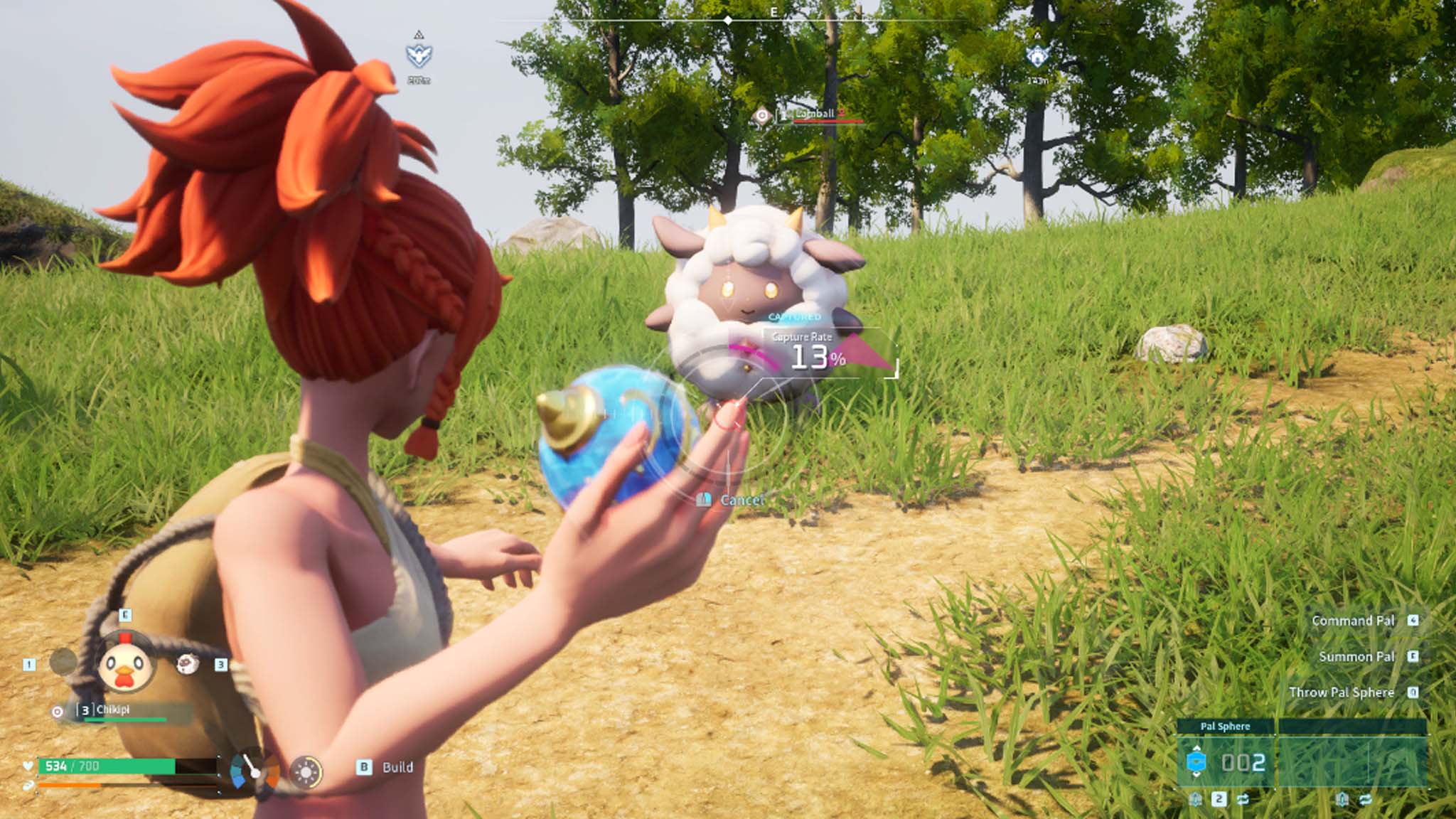
What you need to know
- Nintendo and it's partner, The Pokémon Company, have submitted a lawsuit in Japan accusing Pocketpair (creators of Palworld) of patent infringement.
- Legal experts have been speculating on the case and what this could actually mean for the gaming industry in and outside of Japan.
- Pocketpair has also announced a delay to the PS5 version of Palworld in Japan.
Last week, news broke that Nintendo had initiated legal action against Pocketpair, the creators of Palworld, over alleged patent infringement. While initial reactions speculated that the case centered on similarities between Palworld's 'Pals' and Pokémon, deeper discussion around patent law suggests the issue may be more complex. Although the specific patent Nintendo claims were infringed upon remains unknown, concerns are already being raised about the potential impact this case could have on the gaming industry if Nintendo prevails.
Nintendo has a long history of aggressive litigation, often targeting even seemingly minor competitors to protect its intellectual property. This case could have broader implications beyond fans of creature-collecting games, potentially setting a precedent that may ripple across the industry. Experts in patent law and gaming have begun weighing in, shedding light on what could be a significant and lengthy legal battle.
What does this lawsuit mean for Palworld?
If I'm reading this correctly, here is a Nintendo patent from 2021 for a video game character throwing an item to catch a monster while out in the field https://t.co/7Dvicj2lnc pic.twitter.com/rM6Ak45K0kSeptember 19, 2024
When Palworld first gained popularity, many noticed striking similarities between its characters and those from Pokémon. Some even speculated that Palworld might have copied Pokémon models and made minor alterations. However, none of these claims were ever proven, and it’s safe to say that if Nintendo had found any concrete evidence of copyright infringement, they would have already taken action. Mere visual similarities aren’t enough for a lawsuit, likely why Nintendo hasn’t pursued a copyright claim. Instead, they’ve turned to patents—arguing that Palworld may be using game mechanics, systems, or features from Pokémon that Nintendo has legally protected.
While the exact patent being contested is still unknown, experts have started investigating Nintendo’s recent patent filings to make educated guesses. For instance, Stephen Totilo highlighted a registered patent for the mechanic of 'throwing an item to catch a monster while out in the field.' In Pokémon, players throw Pokéballs to catch creatures, while in Palworld, players use 'Pal Spheres' for a similar function. This could potentially be a sticking point in the case. Totilo also pointed out that while this patent was granted and deemed valid in Japan in 2023, its status in the U.S. remains unclear.
<PS5版『Palworld / パルワールド』について>PlayStation公式『State of Play』にて発表があった通り、PS5版『Palworld / パルワールド』が本日、全世界68の国と地域で発売されました。… https://t.co/BNzS18XBYKSeptember 24, 2024
In the above tweet from Palworld's Japanese account, it seems the release of the game onto PS5 has been delayed. "The release date in Japan has not yet been decided. We apologize to everyone in Japan who was looking forward to it, but all of our staff will do our best to deliver it to PS5 users as soon as possible, so we hope you will wait for a little longer." Could this already be an effect of the lawsuit?
Experts weigh in on lawsuit effects outside of Japan
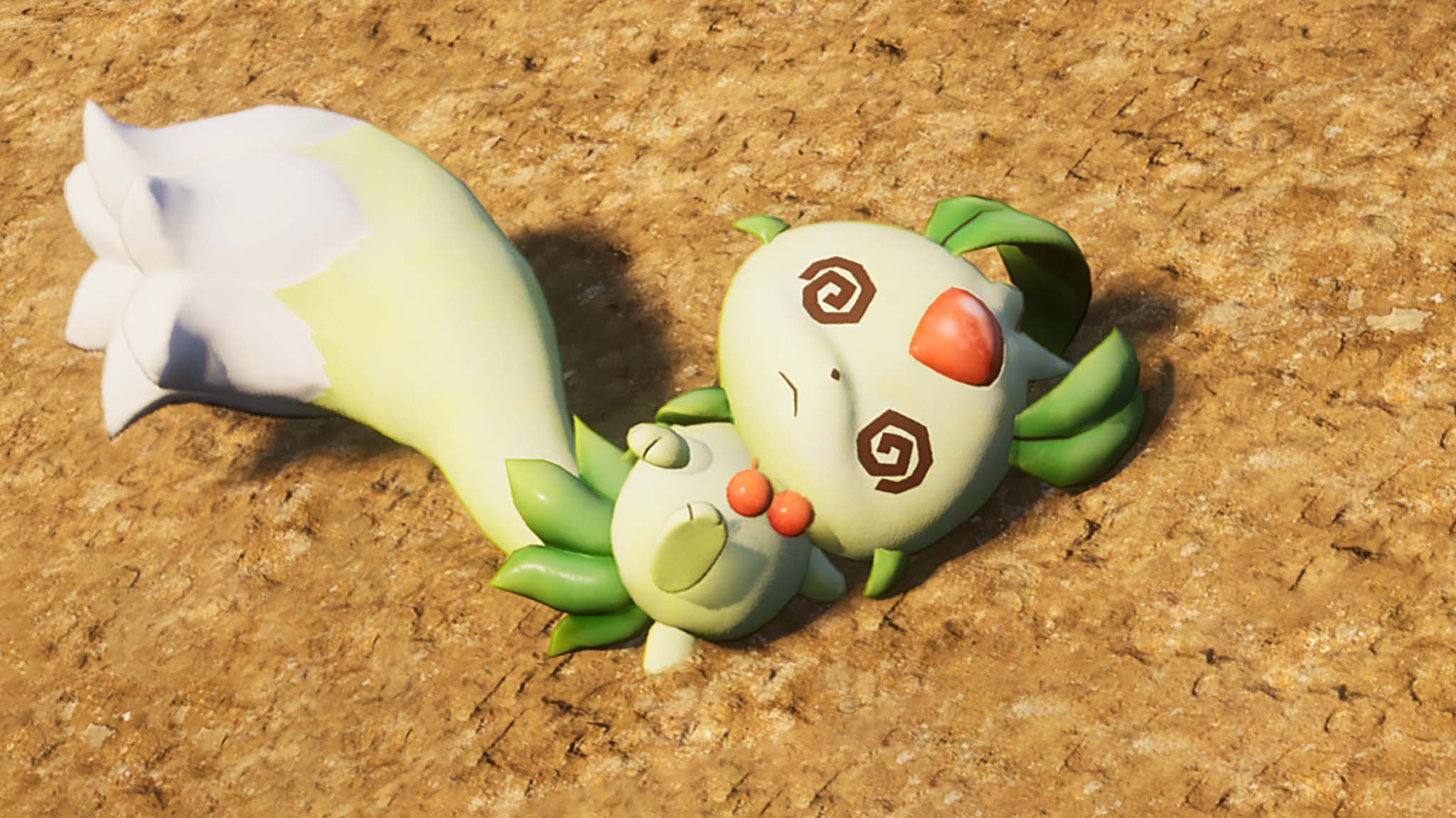
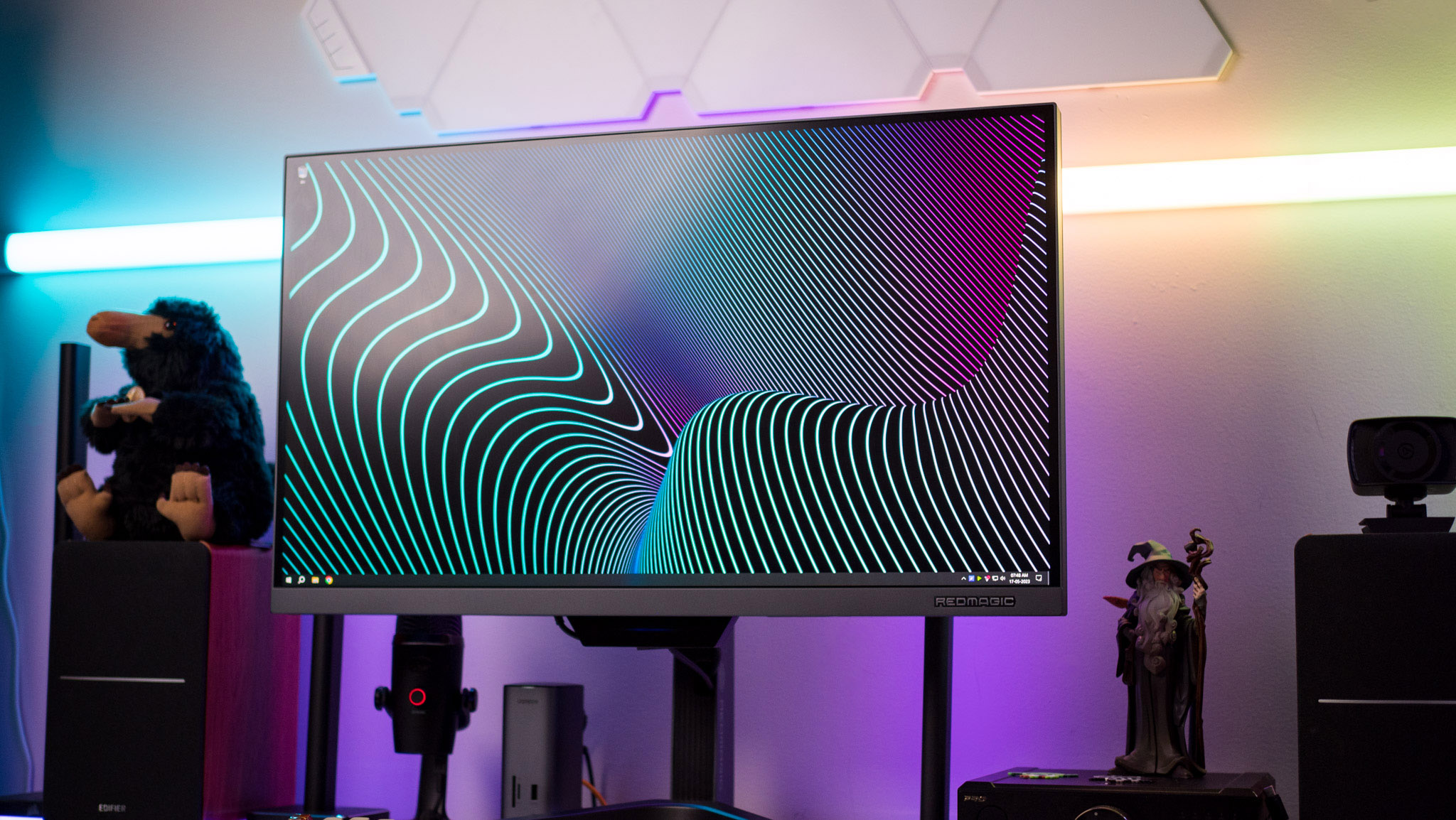
• Best Xbox / PC headsets in 2024
• Best upcoming Xbox / PC games
• Best Xbox controllers
• Best Xbox accessories
• Best small gaming PCs
• Best gaming laptops in 2024
Although the lawsuit was initiated in Japan, its potential impact extends far beyond. This legal battle could set a dangerous precedent for using overly broad patents to suppress competition. While game mechanics themselves cannot be copyrighted, specific implementations of those mechanics can be patented, which can stifle innovation. A prime example is Warner Bros.' patent on the Nemesis system from Shadow of Mordor, a mechanic where enemies remember past encounters, enriching future confrontations. Despite its brilliance, no other game can legally use it because of Warner Bros.' patent. Unless they create another title using the Nemesis system—which hasn’t happened since Shadow of War—we won’t see similar mechanics until the patent expires in 2035.
Another case is Bandai Namco’s patent on loading screen mini-games, featured in Tekken 5 and Ridge Racer. That patent expires in 2025, but by then, technological advances have largely eliminated loading screens, rendering the concept almost obsolete by the time it became available for use.
“This could be just the first pounding of Nintendo’s giant global IP protection hammer,” says Lisa Phillips, a lawyer at Fisch Sigler LLP in Washington DC. “Japanese patent right ends at Japan’s borders, so it would not be surprising to see Nintendo bring cases in additional jurisdictions like the US or EU.”
I reached out to Florian Mueller, author of IPFray for patent commentary, and GamesFray; well known for his coverage on the Activision Blizzard acquisition case, for his take on how this could look outside of Japanese court should Nintendo win. Mueller went into detail with me about how patents only protect inventions in the country where they are registered.
So, if Nintendo wants to stop Pocketpair from selling Palworld outside Japan, they would need to hold patents in places like the U.S. or Europe. However, these regions have stricter rules, making it easier to reject patents that don't involve something technically complex. In this case, "Nintendo does not appear to have patents outside of Japan that would cover what the patent family rumored to be at issue in the Japanese lawsuit covers."
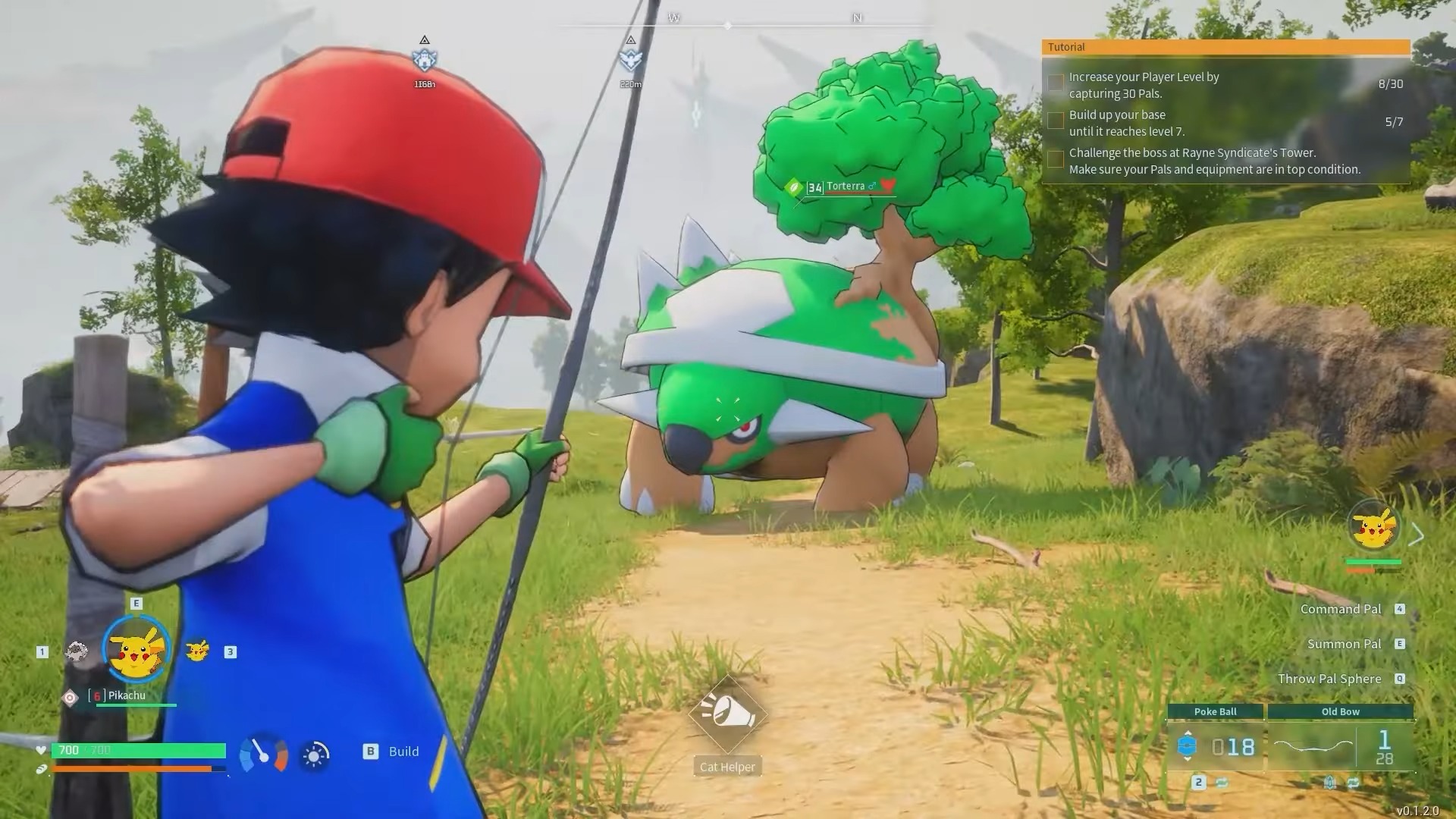
Even if Nintendo’s lawsuit never reaches American or European courts, its effects could still ripple across the global gaming industry due to the nature of game distribution. Mueller detailed how, under certain circumstances, enforcing a patent in one country could indirectly affect other countries. For instance, if Nintendo blocked Pocketpair from exporting Palworld from Japan, Pocketpair might have to move its development out of Japan to avoid violating Nintendo’s patents. Whether they can do this depends on Japanese business regulations, not just patent law.
A recent legal dispute which in parts mirrors this issue, is between Microsoft and the UK's Competition and Markets Authority (CMA) over the acquisition of Activision Blizzard. This ultimately ended in a settlement whereby Microsoft relinquished cloud streaming rights for Activision Blizzard games in the UK to secure approval for the deal. Although this decision was made in one region, its impact has been felt globally—especially on Xbox Cloud Gaming. Many users remain confused about why titles like Overwatch 2 and Diablo 4 appear on Xbox Game Pass but are absent from the cloud gaming library. A settlement Mueller says "is theoretically also possible between Nintendo and Pocketpair. In a scenario in which Nintendo would have major leverage, but the parties reach some kind of agreement that both believe is better than continuing to litigate, the agreement could also include provisions for what Pocketpair will do in other countries."
Regional rulings can have far-reaching consequences, particularly in an industry that relies on worldwide distribution platforms. If Nintendo were to succeed in its patent infringement case against Pocketpair, the repercussions could extend well beyond Japan.
Nintendo's litigation history
It took them a long time to build a case, and it might take years for this lawsuit to end.The last similar legal action was initiated by Nintendo in 2017 and settled in 2021 (Nintendo essentially "won" against Japanese mobile gaming powerhouse Colopl). https://t.co/xsXWxRvoXdSeptember 19, 2024
Nintendo has a well-documented history of successfully winning its cases, even overturning adverse rulings. One of the most notable examples was a case involving technology used in the 3DS. Initially, Nintendo was found guilty of infringing on a patent related to creating 3D images without the need for glasses, a technology central to the 3DS’s design. In 2014, this decision was overturned, reducing the damages Nintendo was required to pay. The case was eventually settled out of court for an undisclosed sum.
Speaking to GamesRadar, analyst Serkan Toto claims to not "remember a single lawsuit that Nintendo itself initiated in Japan that they lost." Toto recalls the Nintendo vs. Colopl case, a (Japanese mobile gaming company) where Nintendo raised 6 counts of patent infringement for the use of a joystick-like control scheme, and won.
Get the Windows Central Newsletter
All the latest news, reviews, and guides for Windows and Xbox diehards.
It took them a long time to build a case, and it might take years for this lawsuit to end.The last similar legal action was initiated by Nintendo in 2017 and settled in 2021 (Nintendo essentially "won" against Japanese mobile gaming powerhouse Colopl). https://t.co/xsXWxRvoXdSeptember 19, 2024
Specific patents, such as those related to joystick technology and others regarding game mechanics like visibility behind objects, have gone in Nintendo's favor. While these patents might seem broad and industry-standard, Nintendo has still secured legal victories or settlements.
Response from Pocketpair and Palworld fans
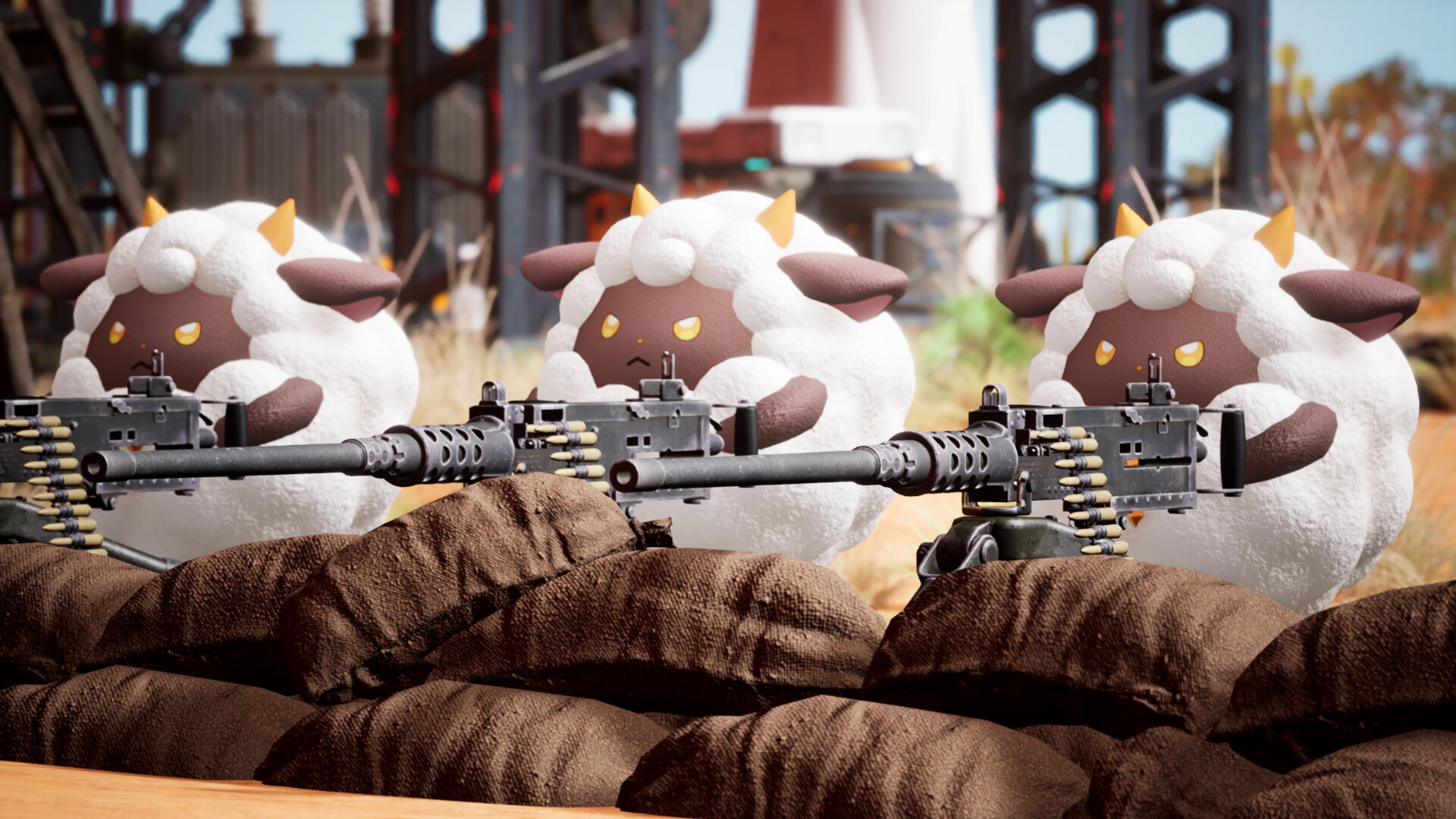
Pocketpair has responded to the lawsuit by regret over the time and resources they would need to divert from game development. They have emphasized their commitment to their community and their goal of ensuring that indie developers are not discouraged from pursuing creative ideas. This positions Pocketpair as a David against Nintendo’s Goliath, and everybody loves an underdog tale.
Fans have questioned the timing of the lawsuit. Why now, and not when Palworld initially launched into Early Access and became the biggest third-party launch ever on Xbox Game Pass? Why not when Palworld trailers were revealed back in 2021?
It may not be a coincidence that Pocketpair has recently entered a joint venture with Sony Music Entertainment and Aniplex. This partnership aims to expand the Palworld IP beyond gaming into anime, music, and possibly more. This collaboration could pose a more significant threat to Nintendo in the future, as Palworld is gaining a foothold in areas that could compete with Pokémon’s dominance. Could this have been the catalyst for Nintendo's action?
🎃The best early Black Friday deals🦃
- 🕹️Xbox Game Pass Ultimate (3-months) | $31.59 at CDKeys (Save $17!)
- 💻Samsung Galaxy Book4 Edge (X Elite) | $899.99 at Best Buy (Save $450!)
- 🎮Razer Wolverine V2 Chroma (Xbox & PC) | $99.99 at Amazon (Save $50!)
- 🕹️Starfield Premium Upgrade (Xbox & PC) | $27.69 at CDKeys (Save $7!)
- 💻ASUS Vivobook S 15 (X Elite) | $955 at Amazon (Save $345!)
- 🕹️Final Fantasy XVI (PC, Steam) | $43.79 at CDKeys (Save $6!)
- 💻Lenovo ThinkPad X1 Carbon | $1,481.48 at Lenovo (Save $1,368!)
- 🎮 Seagate Xbox Series X|S Card (2TB) | $249.99 at Best Buy (Save $110!)
- 🕹️Hi-Fi RUSH (PC, Steam) | $8.49 at CDKeys (Save $22!)
- 💻HP Victus 15.6 (RTX 4050) | $599 at Walmart (Save $380!)
- 🫙Seagate HDD Starfield Edition (2TB) | $79.99 at Best Buy (Save $30!)
- 🖱️Razer Basilisk V3 Wired Mouse | $44.99 at Best Buy (Save $25!)
- 🕹️Days Gone (PC, Steam) | $10.19 at CDKeys (Save $39!)
- 🖥️Lenovo ThinkStation P3 (Core i5 vPro) | $879.00 at Lenovo (Save $880!)
Jen is a News Writer for Windows Central, focused on all things gaming and Microsoft. Anything slaying monsters with magical weapons will get a thumbs up such as Dark Souls, Dragon Age, Diablo, and Monster Hunter. When not playing games, she'll be watching a horror or trash reality TV show, she hasn't decided which of those categories the Kardashians fit into. You can follow Jen on Twitter @Jenbox360 for more Diablo fangirling and general moaning about British weather.
